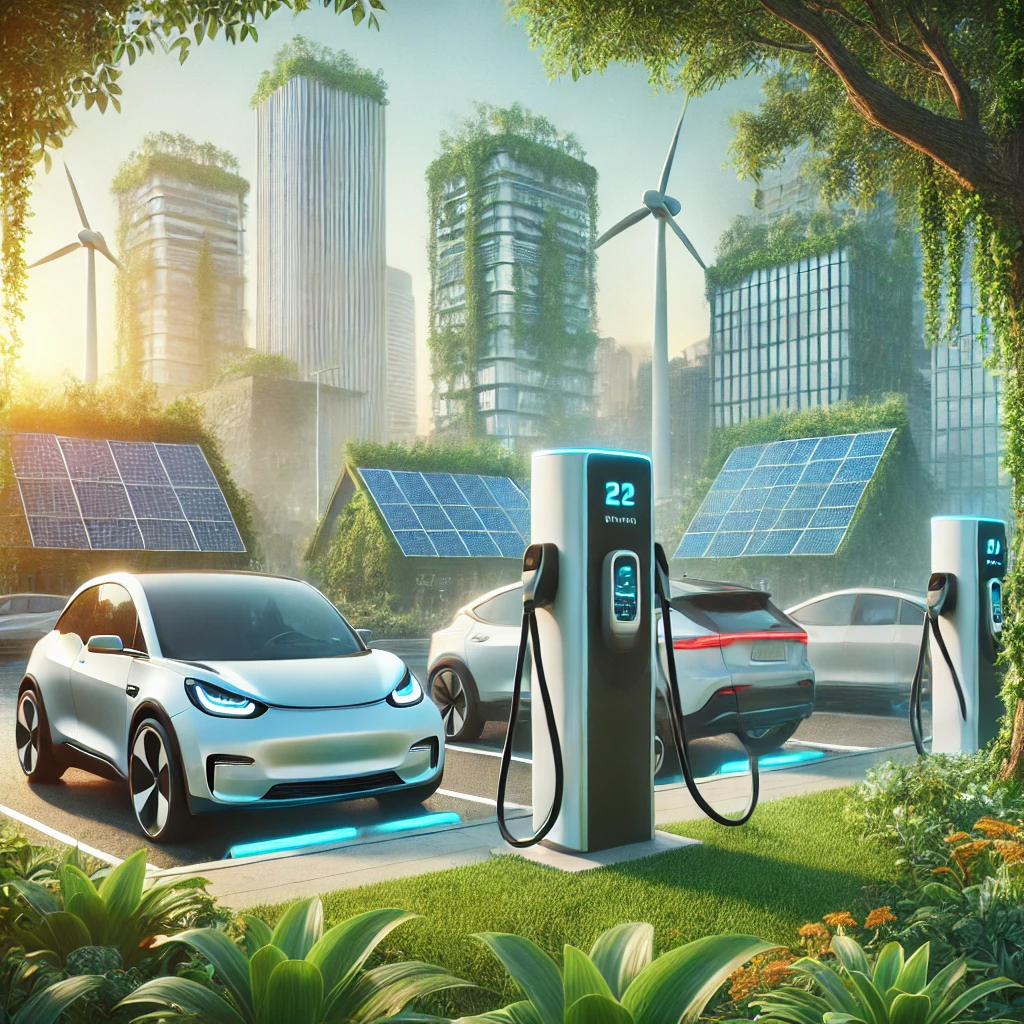The Rise of Electric Vehicles (EVs)
Electric vehicles are revolutionizing transportation. Their popularity has surged due to environmental benefits and technological advancements. EVs produce zero emissions, making them a sustainable option for eco-conscious consumers. Governments worldwide are encouraging their adoption through incentives and infrastructure development. know more about Electric Vehicles and the Future of Transport.
Key Benefits of Electric Vehicles
1. Environmental Impact
Electric vehicles significantly reduce greenhouse gas emissions. Unlike traditional cars, they rely on electricity instead of fossil fuels. This shift decreases air pollution and mitigates climate change.
2. Cost Efficiency
EVs offer lower operating costs. Charging an electric car is cheaper than refueling with gasoline. Additionally, EVs require less maintenance, as they have fewer moving parts.
3. Enhanced Performance
Modern EVs provide smooth acceleration and a quieter driving experience. Their innovative designs ensure improved handling and efficiency, offering a superior ride.
Challenges in EV Adoption
1. Charging Infrastructure
Limited charging stations hinder widespread EV adoption. Expanding this infrastructure is crucial to encourage more users.
2. Battery Technology
Battery production and disposal pose environmental challenges. Advancing battery recycling methods can reduce their ecological footprint.
3. Initial Costs
Electric vehicles have higher upfront costs than traditional cars. However, declining battery prices are making EVs more affordable.
The Role of Renewable Energy
Electric vehicles pair well with renewable energy sources. Solar and wind power can charge EVs, further reducing their environmental impact. Integrating renewable energy with EV infrastructure promotes a sustainable future.
Government Initiatives and Policies
Governments are supporting EV adoption through tax incentives, subsidies, and stricter emission regulations. Countries like Norway and China are leading the way in transitioning to electric transportation.
Future of Electric Vehicles
The EV market is set to grow exponentially. Automakers are investing heavily in developing advanced EV models. Autonomous electric vehicles are also gaining traction, promising safer and more efficient transport systems.
Conclusion About Electric Vehicles and the Future of Transport
Electric Vehicles and the Future of Transport With their environmental and economic benefits, they offer a promising alternative to traditional cars. As technology advances, EVs will become more accessible, paving the way for a cleaner and greener world. stay with us for trending news.
FAQs About Electric Vehicles and the Future of Transport
1. What are the main benefits of electric vehicles?
Electric vehicles offer environmental benefits, lower operating costs, reduced maintenance requirements, and enhanced driving performance compared to traditional cars.
2. How do electric vehicles impact the environment?
Electric vehicles produce zero tailpipe emissions, significantly reducing air pollution and greenhouse gases when charged with renewable energy sources.
3. Are electric vehicles more expensive than traditional cars?
While electric vehicles have higher initial costs, their long-term savings on fuel and maintenance make them cost-effective.
4. What is the current state of EV charging infrastructure?
EV charging networks are expanding, but more charging stations are needed globally to support widespread adoption.
5. How long does it take to charge an electric vehicle?
Charging times vary depending on the type of charger. Fast chargers can charge an EV in 30 minutes to an hour, while home chargers may take several hours.

































